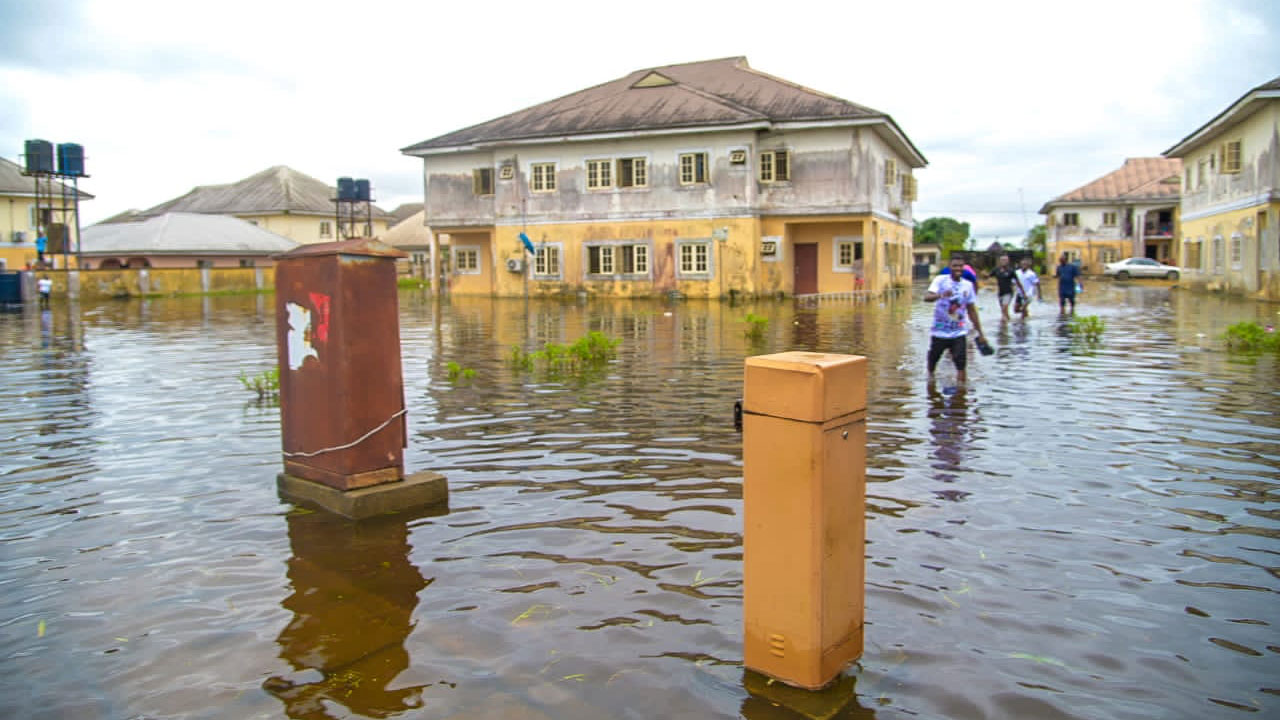
Sir: Amid trauma, the people of Bayelsa state faced recently as a result of devastating flood, the Minister of Humanitarian Affairs, Disaster Management and Social Development, Sadiya Farouq, said the state was not among the listed 10 worst-affected states in the country for emergency reliefs which had positioned Jigawa State as the number one. The comment generated uproars with a series of calls, demanding her resignation over believed insensibility.
The call rests on Chapter 2 (Fundamental Objectives and Directive Principles of State Policy) in the 1999 Constitution, Federal Republic of Nigeria, which among others, places a burden on the government to salvage, protect citizens in dire needs. Section 14 CFRN provides – “It is hereby, accordingly, declared that: (b) the security and welfare of the people shall be the primary purpose of government”. Arguably, the minister’s response contradicted the above provision.
Bayelsa faces a humanitarian crisis with over one million persons comprising many communities internally displaced, businesses shut, properties lost and farmlands destroyed. Critical infrastructure like hospitals, roads, bridges and schools, including the state-owned Niger Delta University in Amassoma, the Niger Delta University Teaching Hospital, Okolobiri, and the University of Africa, Toru-Orua, were also severely affected.
But essentially, the source of data to the government must necessarily be guaranteed to represent the situations on ground. This is necessary considering that governments always rely on such data for policy directions and plannings. For instance, access to safe drinking water, sanitation and hygiene (WASH) which is essential to good health, welfare and productivity, and also widely recognized as a human right is debatably poorly captured in the Multiple Instructor Cluster Survey (MICS) 2021 report which was released by the National Bureau of Statistics.
The percentage of people in Bayelsa using improved sources of drinking water according to the report stands at 60.2%. In contradiction, the ailments commonly suffered by the residents suggest inadequate WASH (drinking water, sanitation and hygiene) such as cholera, diarrhea, dysentery, hepatitis A, typhoid and polio.
The discrepancy calls for a valuation by authorities. Whilst urgent interventions are needed irrespective of categorization of critical areas, however, the state government must also necessarily give account on the resources it receives vis-à-vis the suffering of the helpless people.
Bayelsa government must galvanize actions particularly invest massively in drainage, clear off all blockages on waterways to allow free flow of water, and also intensify town planning. Furthermore, as reports reveal that flood also overwhelmed cemeteries, this is a signal for looming health disaster that requires critical medical interventions. Similarly, many have sighted snakes and other wild creatures that followed the flood. Sensibly, primary healthcare should be fortified immediately. Of course, open defecation into the waterways which serve the population cannot be overemphasized as it is an open invitation to Cholera. Bayelsa deserves urgent attention.
• Carl Umegboro, a public affairs analyst and social advocate writes through [email protected]; 08023184542-sms only






